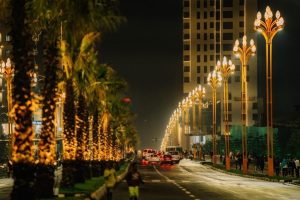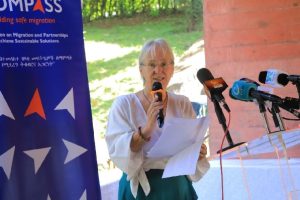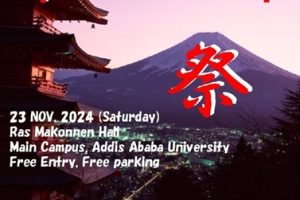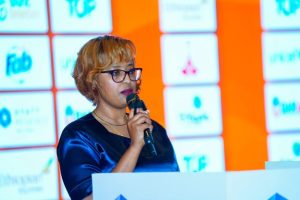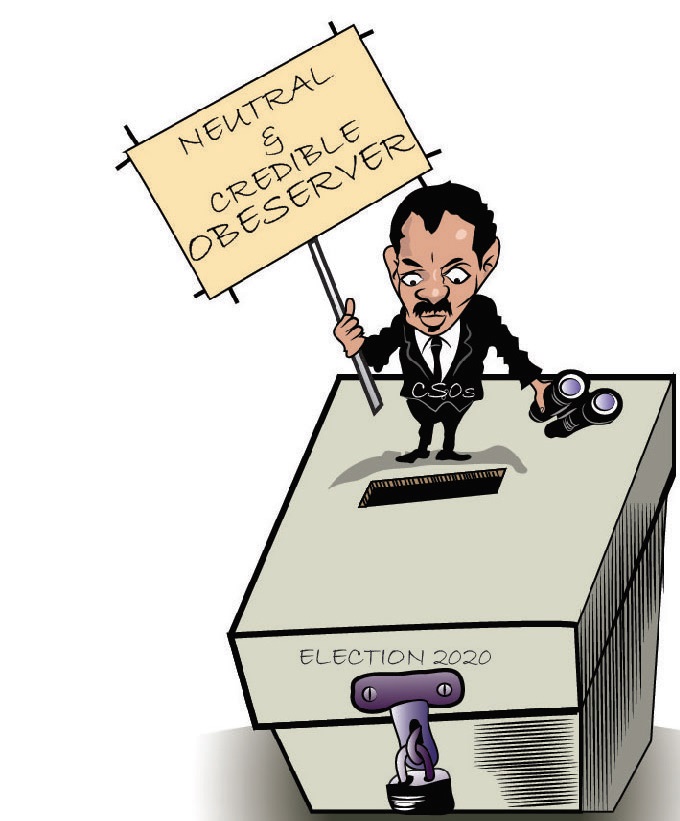
Will CSOs grow sharp tooth to make election credible this time?
As Ethiopia is poised to hold defining general elections in the history of the country, the credibility, fairness, and peacefulness of the election have already become the epicenter of both local and international concerns.
The election which comes amidst the decisive ongoing political transition is said to be a make-or-break test for the country. Previous elections had drawn sharp condemnations from advocators of democratic and political rights that claimed there were irregularities and government interventions. This time, the election will be held amid optimism and fear, as many international bodies have foretold.
Civil societies, are regarded as impartial watchdogs and key players in downsizing “election-related conflicts [while promoting] a peaceful electoral environment,” (Mottiar, Shauna. (2010) However, they had been under fire both by the ruling and opposition parties for coming up with reports that may favor the former while disfavoring the latter or the other way round.
The National Electoral Board of Ethiopia (NEBE) has come up with tentative schedules of the election period though it announced that the exact day is yet to be determined.
However, political parties have already begun vying to secure large votes with some holding town hall meetings while the others continue to rally their supporters, not to mention the growing trend in the formations of alliance and coalitions.
What is not clear though is whether civil societies are vibrant and ready to play their watchdog role this time? The issue of election observation has gained purchase recently when Ethiopia announced that besides civil societies, the European Union observer mission will be deployed to observe the election.
This was disclosed as the EU delegation met members of the House of People’s Representatives to assess conditions for the deployment of an election observation mission to the next general elections of Ethiopia.
Kassahun Follo is the President of the Confederation of Ethiopian Trade Unions (CETU), a Union that has been engaging in fielding a team of observers during general elections. He tells The Ethiopian Herald that the CETU has already prepared a document that outlines its roles in the upcoming elections. According to him, the document states CETU’s activities in the pre-election, election and post-election periods.
“We believe that the upcoming election is very crucial given the state of the situation in the country. The due process of the election needs to be participatory, democratic and peaceful in this regard,” he says.
Hence, one of our engagements will be to sensitize the people on their rights to vote and other democratic rights. Citizens of the country must decide on how their country should be led by voting to their favorite candidate. The Union does not have the mandate and right to endorse any of the political parties, what we will do is making sure that the people exercise their rights, he says.
Ethiopian workers represent the largest portion of the population of the country and they face different challenges that need to be tackled. The rights to association and minimum wage and other issues are very decisive to the lives of our people. While there remain myriads of pressing issues, it will be up to the people to cast their ballot to the parties they trust.
Asked whether the Union is independent and vibrant enough to come out with credible reports on the election process, Kassahun says the Union, as much as possible, will be accurate in its reporting and observation though this same issue depends on the capacity of the Union.
What is more, a coalition of Ethiopian Civil Society Organizations for Election (CECOE) is in the pre-establishment phase. Soon after concluding this phase, they will apply for licensing at the Civil Societies Agency.
Coalition’s Project Coordinator Abera Hailemariam says: “Almost all requirements have been met and the strategic plan has been prepared to enable the collation gets legal recognition.” The strategic plan focuses on advocacy, election, and civic educations as well as election observation and follows up, he adds.
“On one hand, we are working to get the entity registered. We are preparing programs and strategies with regard to elections, on the other.” The Coalition has deployed observers in the recently held Sidama referendum and the final report is being prepared. The Coalition is meant to specialize permanently in elections and aims to facilitate coordination and activities among civil societies with regard to elections.
“The roles of civil societies have been very poor in previous general elections in our country due to many setbacks. Civil societies have a watchdog role in election times.”
He stresses that for the election to meet the standards, it needs to be participatory, inclusive and democratic. To this effect, the role of collation will be to mobilize people to participate in voting and observe the election process.
It proves very hard to field election observers in all polling stations. This depends on the financial and manpower resources of the collation. “Of course, it is premature to estimate the number of observers we will deploy,” he says.
Speaking on the entities neutrality, Abera says the coalition cannot and will not endorse or disapprove parties, it can only be engaged in helping the citizenries to know more about their rights and also make sure it plays its own part in making the election democratic and peaceful.
“We will be preparing forums and platforms where ideas are exchanged and that the issue of the public receives adequate attention by political parties.”
The Ethiopian Herald, Friday Edition, January 31/2020
BY DESTA GEBREHIWOT


